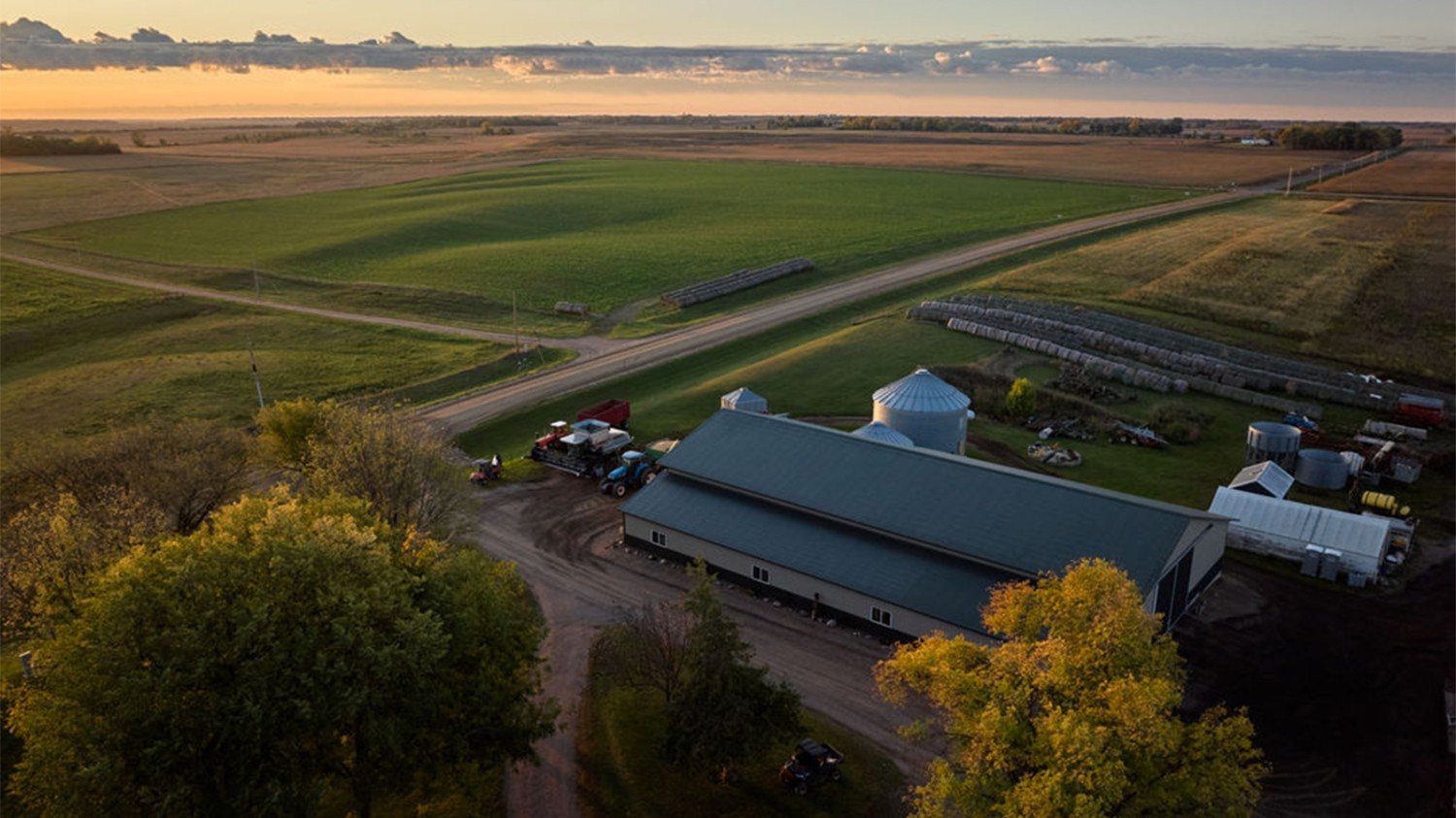General Mills, Walmart, and Sam’s Club recently revealed a collaboration to help accelerate the adoption of regenerative agriculture on 600,000 acres in the U.S. by 2030, representing the approximate number of acres General Mills taps to source key ingredients for its products sold through the mass retailer.
Initial projects will be supported through grants administered by the National Fish and Wildlife Foundation and seek to advance regenerative agriculture outcomes across a variety of crops, including wheat, in the Northern and Southern Great Plains.
“Through this partnership, we will work hand-in-hand with Walmart and Sam’s Club to help regenerate the acres of land in the key regions where we source ingredients for our shared business,” said Jon Nudi, group president of North America retail at General Mills, in a statement. “We are excited by the opportunity to bring our products, including Pillsbury refrigerated dough and Blue Buffalo pet food and treats, to Walmart shelves more sustainably, with the help of our merchants and farmer partners.”
Walmart and General Mills share a belief that regenerative agriculture can help address climate change and create positive outcomes for both people and the planet, according to Walmart. The collaboration exemplifies both companies’ intentions to spur industry-wide change. Efforts will target the following states: North Dakota, South Dakota, Nebraska, Kansas, Oklahoma, Colorado, and Minnesota.
Through the program, the National Fish and Wildlife Foundation will provide financial assistance to local grantee organizations, building out the education and coaching resources needed to help accelerate regenerative agriculture. The objective is both to support the transition to regenerative agriculture production in the U.S. and elevate the potential for more resilient yields for farmers through efforts that will help improve soil health, watersheds, biodiversity, climate change, and farmer economic resilience.
“We’re committing to making the everyday choice the more sustainable choice for consumers,” said John Laney, EVP of food at Walmart U.S., in a statement. “This collaboration is an example of how we are working across our value chain on intentional interventions to help advance regenerative agriculture and ensure surety of supply for these essential food products for the long term.”
Related: Hannaford Hunger-Fighting Program Returns; Whole Foods Forecasts 2024 Trends

